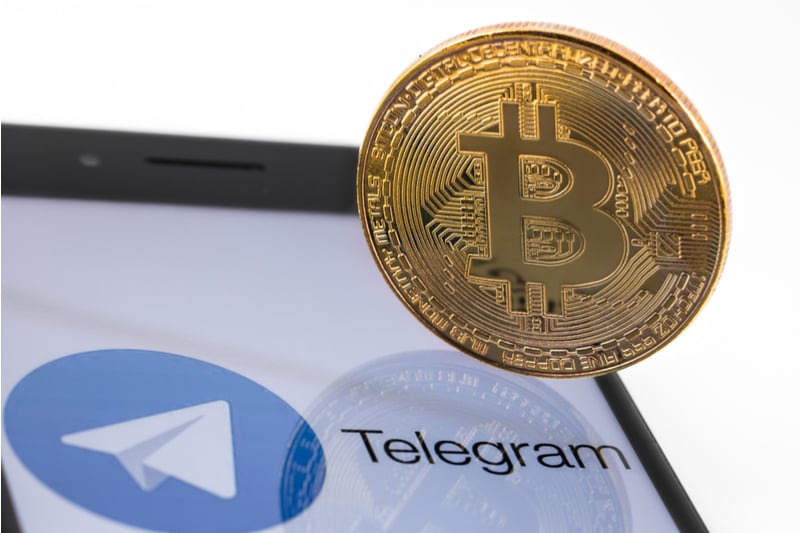Telegram has lost a court battle against handing its encryption keys to Russian security services. The messaging platform, which forms a pivotal network for the cryptocurrency community, has said it will appeal to the Supreme Court in a bid to prevent Russia obtaining the private data of millions of users.
Also read: Some of Bitcoin’s Earliest Adopters Find it Difficult to ‘Cash Out’
Telegram Battles for User Privacy
Supreme Court Judge Alla Nazarova today rejected an appeal filed by Telegram, objecting to Russia’s Federal Security Services (FSB) obtaining the encryption keys to its platform. As a result, Telegram will be legally obligated to grant security forces access to the private messages and other data of its users, unless it can convince an appellate court to reverse the decision. Shortly after the ruling was made public, Telegram CEO Pavel Durov had this to say:

The company finds itself in a difficult position. With the pre-sale for its own cryptocurrency underway, Telegram is seen as a flagbearer for a movement that prides itself on respecting user privacy, deploying encryption, and thwarting attempts at government interference. But as a Russian enterprise, Telegram is bound by the draconian laws that give the country’s security forces extensive surveillance powers.
Putin Wants a Backdoor Because Terrorists
In 2016, President Putin decreed that messaging services should provide a means of decryption for the benefit of its security services. Monitoring terrorists was the excuse cited. Russia is known for its human rights abuses and covert surveillance of journalists and dissidents, however, and it is hard to imagine that access to Telegram’s vast trove of user data would be used responsibly to identify terrorists only.
Western governments, including the UK and U.S., have found themselves engaged in an encryption war with tech companies, who insist that it is impossible to implement backdoors without weakening protocols. Create an entry point for state security, they insist, and it will be exploited by hackers and state-sponsored attackers.

Security Forces Plead Their Case
In court, the FSB argued that they would not be violating user privacy by obtaining encryption keys, because they would still require a court order to extract the data of specific users. Following the hearing, Telegram’s legal team dismissed this claim, stating: “The FSB’s argument that encryption keys can’t be considered private information defended by the Constitution is cunning. It’s like saying, ‘I’ve got a password from your email, but I don’t control your email, I just have the possibility to control.’”
Telegram is a Russian success story, led by the crypto-friendly Pavel Durov. He founded Telegram after a successful spell as CEO of VK, which grew to become Russia’s largest social network. Durov is also a major bitcoin holder, and Telegram’s own ICO to launch an integrated cryptocurrency and blockchain is already halfway towards its $1.7 billion goal. If Telegram can’t convince the Supreme Court to overturn today’s ruling, its only option may be to up tools and exit Russia altogether.
Do you think Telegram has a chance of overturning today’s ruling? Let us know in the comments section below.
Images courtesy of Shutterstock, and Twitter.
Need to calculate your bitcoin holdings? Check our tools section.
The post Court Orders Telegram to Hand Russia Its Encryption Keys appeared first on Bitcoin News.

Bitcoin.com is author of this content, TheBitcoinNews.com is is not responsible for the content of external sites.
Our Social Networks: Facebook Instagram Pinterest Reddit Telegram Twitter Youtube










